In an era where discerning globetrotters increasingly seek authentic and conscious travel encounters, Awasi emerges as a sanctuary of refined eco-consciousness. Each of Awasi's lodges offers a haven for travellers yearning for a journey imbued with purpose and meaning.
Nestled within the unspoiled landscapes of Patagonia, Iguazú, and the Atacama Desert, Awasi stands as a paragon of sustainable tourism, where the principles of environmental stewardship, community enrichment, and genuine cultural immersion intertwine seamlessly with every guest's experience.
Through this interview with Awasi, we want you to discover how Awasi has seamlessly integrated sustainability into every aspect of its operations, from carbon-neutral lodges to wildlife conservation initiatives and meaningful partnerships with local communities to enhance your experience.
PL: Can you share the core philosophy of sustainable tourism at Awasi? What is the inspiration behind the sustainable focus?
Awasi: When the United Nations published their Sustainability Development Goals (SDGs), a blueprint to achieve a better and more sustainable future for all, we decided to take a good look at them. We started by assessing how well our three hotels, Awasi Atacama, Awasi Patagonia and Awasi Iguazu, are complying with them thus far, and then we set out to use them as a guideline moving forward. Awasi is officially carbon neutral. We protect and conserve over 340 hectares (840 acres) of virgin forest and native woodland in Iguazu and Patagonia. These forest areas, preserved and maintained by our team, absorb over 10,000 tonnes of carbon dioxide per year. This total is a greater amount than the emissions generated by our three lodges, as well as the airline and transfer travel undertaken by our employees and our guests.
PL: How Important is tourism when it comes to the conservation work you do at Awasi?
Awasi: Without the revenue generated by our guests choosing to experience the wonders of Patagonia, Iguazu, and the Atacama with us, the crucial work of protecting these irreplaceable ecosystems and their inhabitants would be significantly hampered. A portion of every booking goes directly towards conservation projects like habitat restoration, wildlife monitoring, and anti-poaching patrols. We offer guests unique volunteer opportunities to actively contribute to conservation projects, like planting native trees or assisting with wildlife monitoring. Through guided excursions, educational talks, and immersive encounters with nature, we connect our guests with the awe-inspiring beauty and delicate balance of these ecosystems. This firsthand experience fosters a deeper appreciation for conservation and inspires them to become advocates in their own lives.
PL: We'd love to hear about the unique conservation initiatives at each lodge.
Awasi: We implement a number of unique conservation initiatives at each of its lodges. Here are some specific examples:
Protecting native woodland: Awasi protects 340 hectares of native woodland in Iguazú and Patagonia. This area absorbs more than 10,000 tonnes of CO2 per year, which is more than the emissions generated by all three of their lodges, including guest travel emissions.
Creating a natural corridor: Awasi Patagonia created a natural corridor on its grounds to expand the protected area for pumas and other wildlife. This corridor helps to connect the Torres del Paine National Park with Awasi's private reserve, and it has helped to restore the natural habitat of native species.
Monitoring puma populations: Awasi guides help to monitor puma populations and keep hunters away. They also work to gather information about the behavioural patterns of these pumas. Guests can even participate in puma spotting or tracking excursions.
Protecting the Atlantic Rainforest: Awasi Iguazu is located in one of the last remaining parts of the Atlantic Rainforest. Awasi works to preserve this ecosystem through a number of initiatives, including donating to and collaborating with local organizations that work to protect and reintroduce native species.
Helping to track and monitor local species: Awasi helps to track and monitor local species in all of its lodges. This helps them to better understand the health of the ecosystems around their lodges and to identify any potential threats.
PL: How does Awasi contribute to local employment and support the communities surrounding its lodges? Awasi: We provide employment to local people and buy local produce and products as much as possible for our kitchens and supply needs. Most of our staff comes from local communities, providing them with fair wages, training, and career development opportunities. We prioritize purchasing food, produce, and supplies from local vendors, injecting revenue directly into the community and supporting sustainable agriculture. We partner with local organizations on initiatives that improve education, healthcare, and infrastructure in the communities. We integrate local culture into our guest experiences, showcasing traditional crafts, music, and storytelling, while ensuring fair compensation for artisans and performers.
PL: Can you elaborate on Awasi's efforts to be carbon-negative and the specific initiatives in place to minimize its environmental impact?
Awasi: Here are some further details about the actions we take daily at Awasi to keep our lodges green and sustainable in our daily operations:
The Awasi drive for tailored luxury has led to an emphasis on a la carte meals, shortened menus and food being prepared on demand. No more oversized buffet spreads which inevitably lead to food waste.
Food is seasonal and locally sourced where possible at all the Awasi hotels to minimise food miles, and also prepared on-site – yoghurts, juices and granolas served at breakfast are prepared fresh each morning. Better for the environment and tastier for you.
The chefs all produce their own jams, vinegars, pickles, snacks, infusions and syrups, therefore minimizing wastage and optimizing the use of excess and surplus ingredients.
Vendors and suppliers are vetted and selected based on the quantity of packaging they use.
The preference for local supplies also ranges from building materials to decoration, food and experiences for our guests.
Plastic straws have been eliminated across our hotels.
In the bathrooms, larger, refillable bottles for soap and other products reduce the use of disposable dispensers and mini-bottles.
Most personal hygiene and cleaning products at the hotel are biodegradable.
Reusable water bottles are provided to all guests. Whilst bottled mineral water is available on demand, it is discouraged; filtered water dispensers have been installed in common areas to minimize the use of disposable plastic bottles.
Reducing water waste: Furthermore, each of our lodges has its own well from where water is sourced and each hotel has its own water treatment plant which can treat the local water.
Our kitchen gardens use organic waste to produce compost and fertilizer to help grow more locally sourced ingredients.
PL: How does Awasi promote sustainable travel principles and offer opportunities for guests to engage in meaningful experiences connecting with the environment and local culture during their stay?
Awasi:
Our expert guides tailor experiences to guests' interests, incorporating visits to local communities, cultural landmarks, and unique ecosystems. These personalized adventures provide deeper insights into the region's environment and culture.
We offer immersive activities that allow guests to participate in traditional practices, learn about local crafts, and contribute to conservation efforts. This hands-on approach fosters a deeper connection with the land and its people.
We empower guests to make eco-conscious choices during their stay, offering options like reusable water bottles, local transportation, and carbon offsetting. This allows guests to actively contribute to sustainability efforts.
PL: How do you envision the future of new-age sustainable travel? What are the biggest challenges and opportunities you see?
Awasi: We believe in the importance of authentic experiences, and more value in being in untouched natural environments, far from the crowds. We envision a future where sustainable travel is the norm, characterized by:
Authentic, immersive experiences: Travelers will seek deep connections with nature and local cultures, prioritizing quality over quantity and shunning mass tourism.
Regenerative tourism: Travel will go beyond minimizing harm to actively restoring ecosystems and empowering communities.
Technology as a tool for good: Innovation will drive efficiency, transparency, and responsible resource management in the travel industry.
To delve deeper into Awasi's commitment to sustainable tourism and discover how you can be part of the journey towards conscious luxury travel, contact us today.






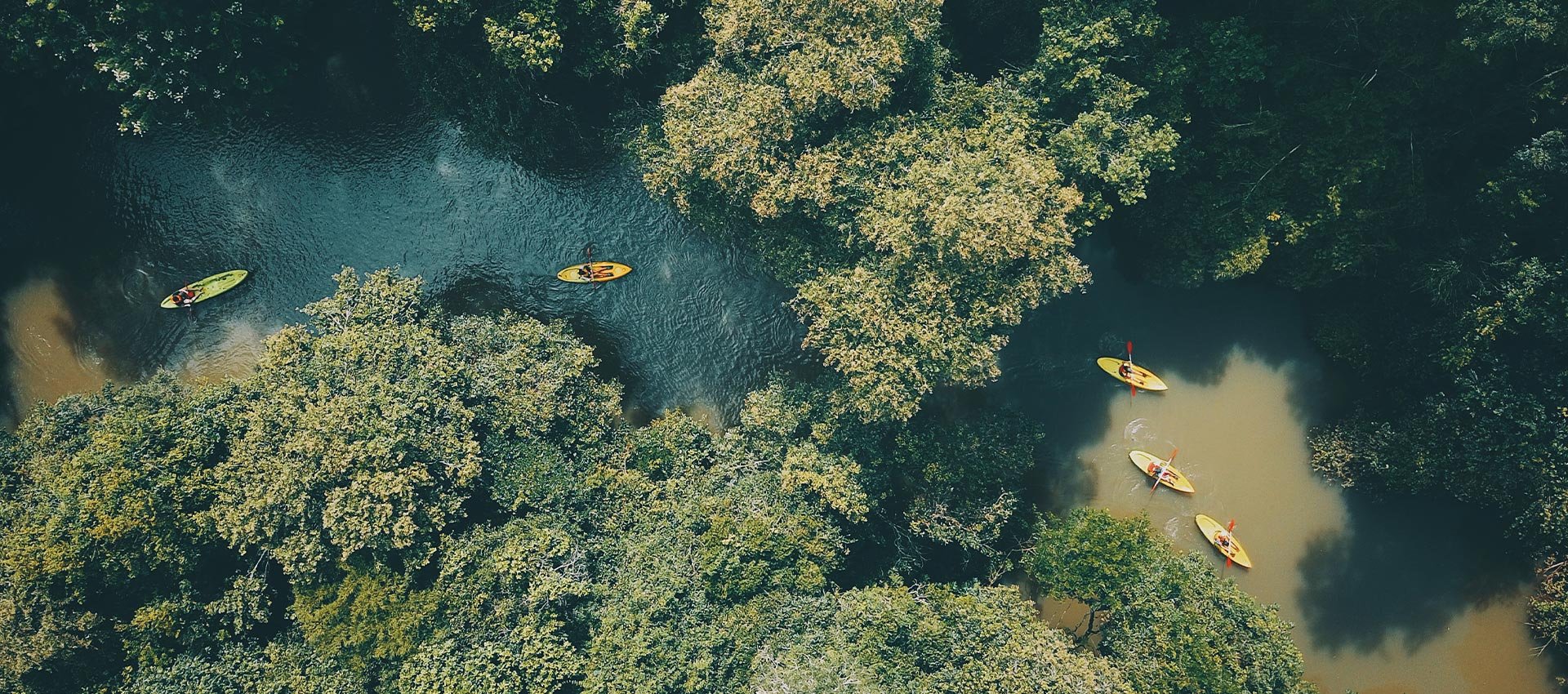
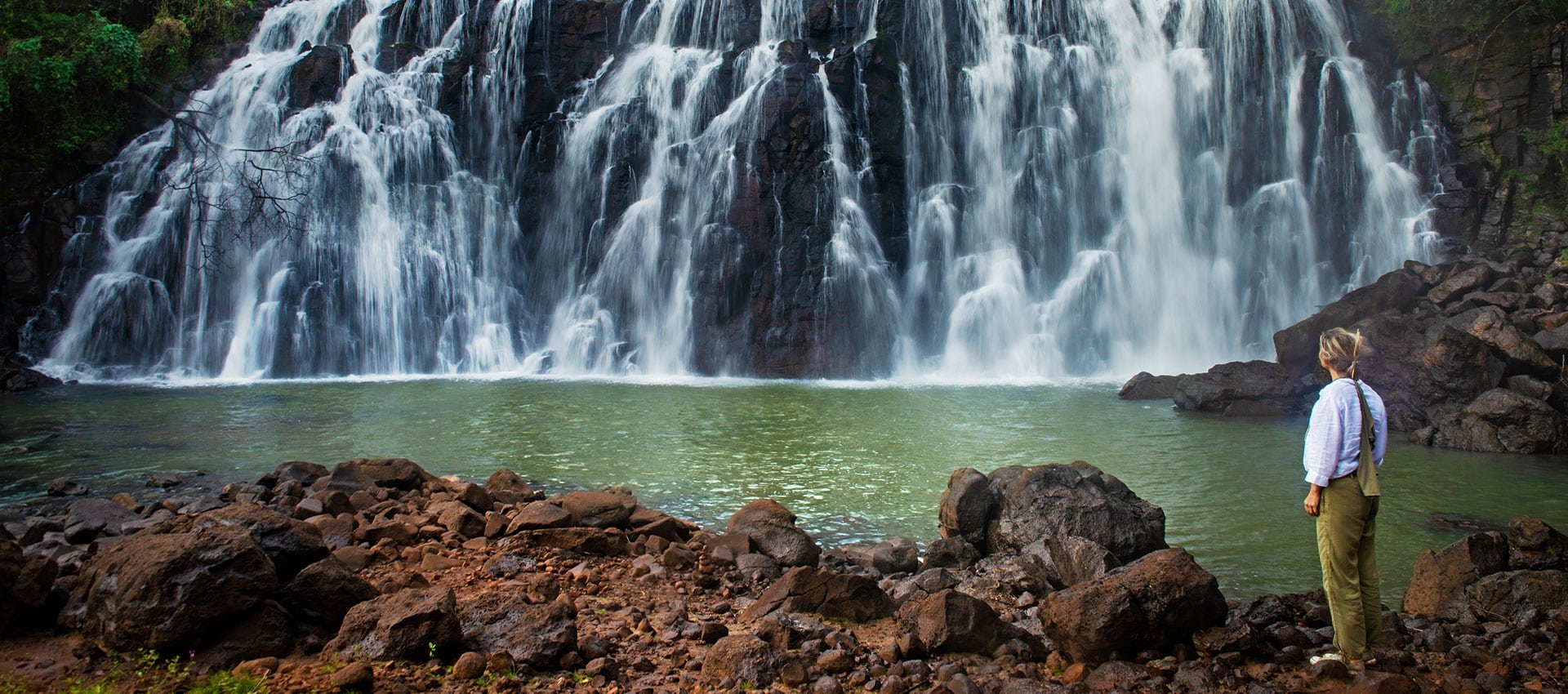
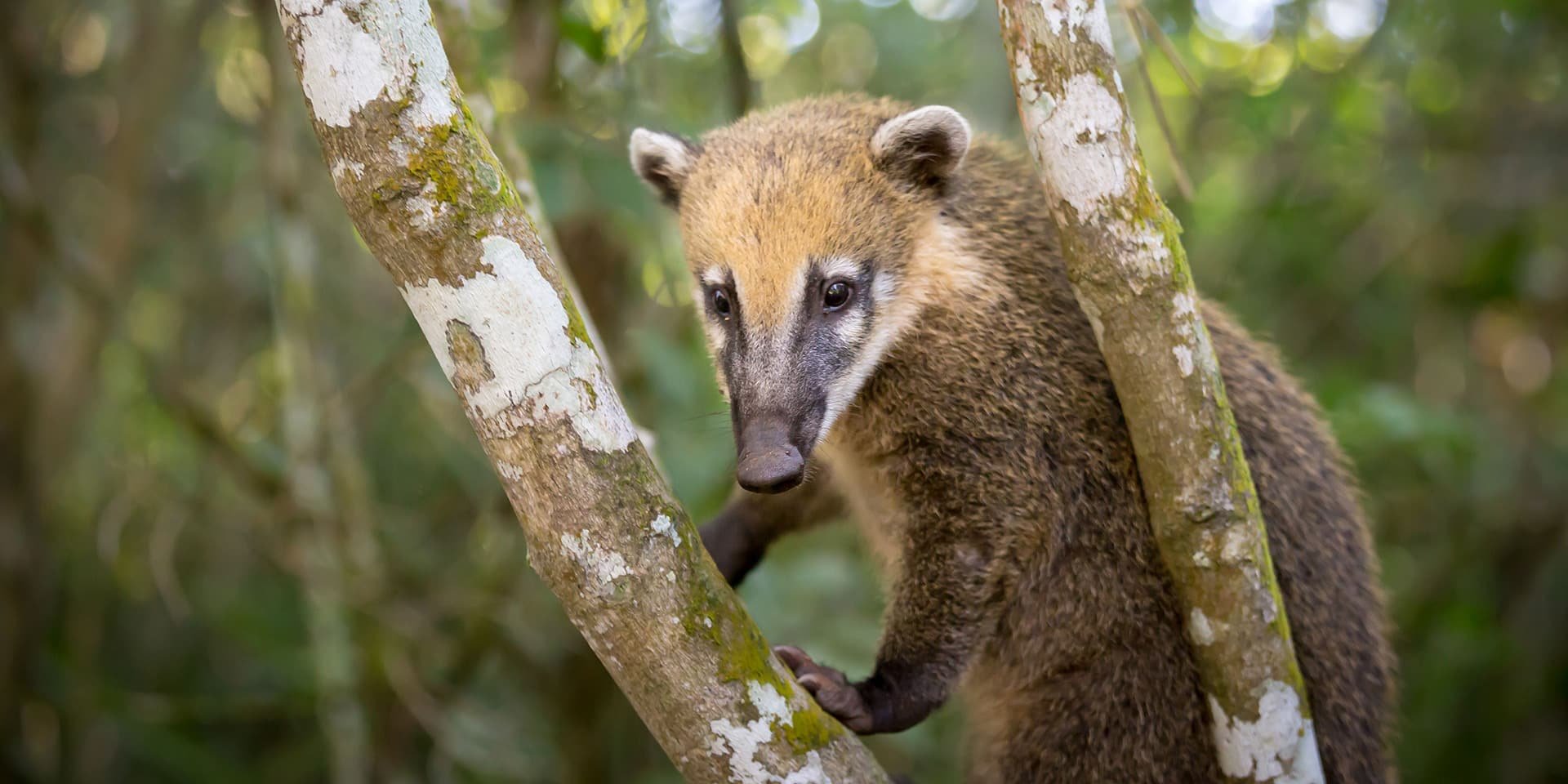
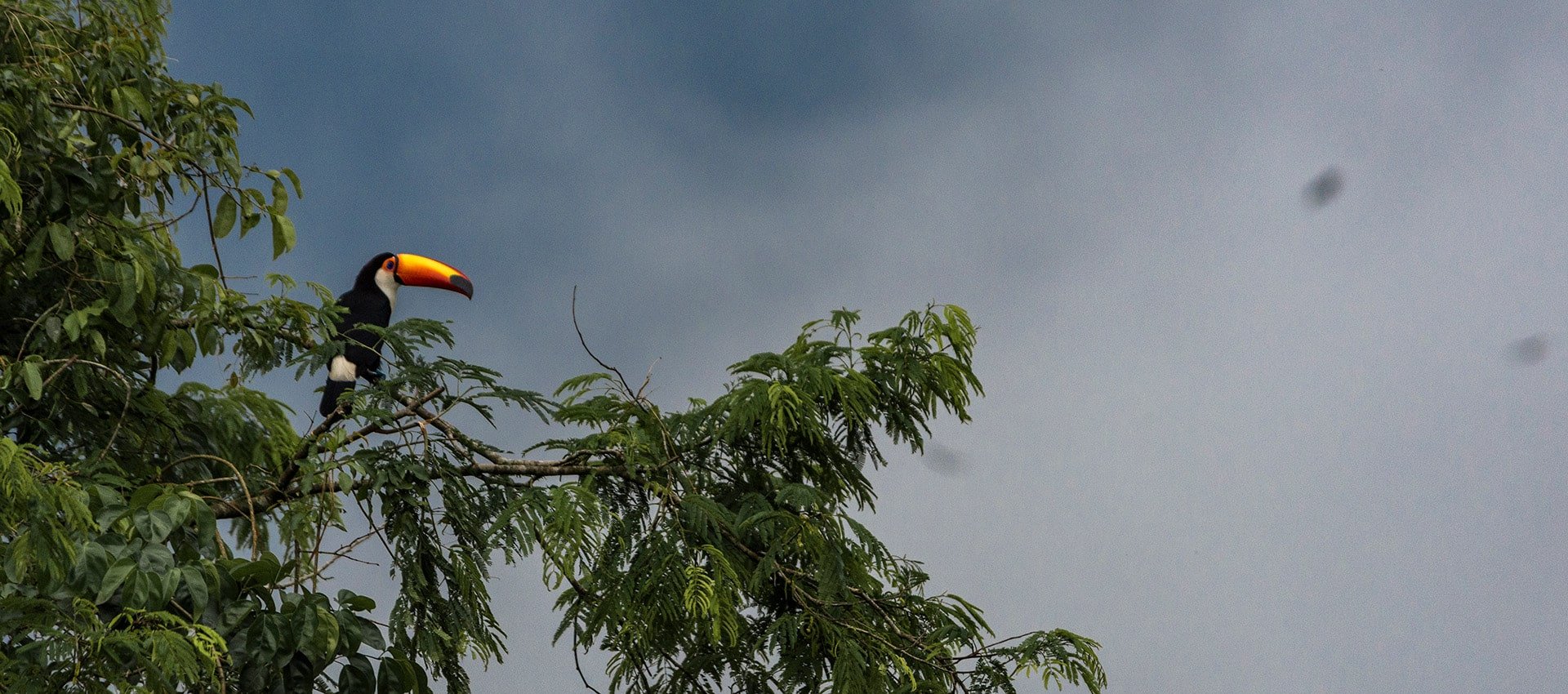
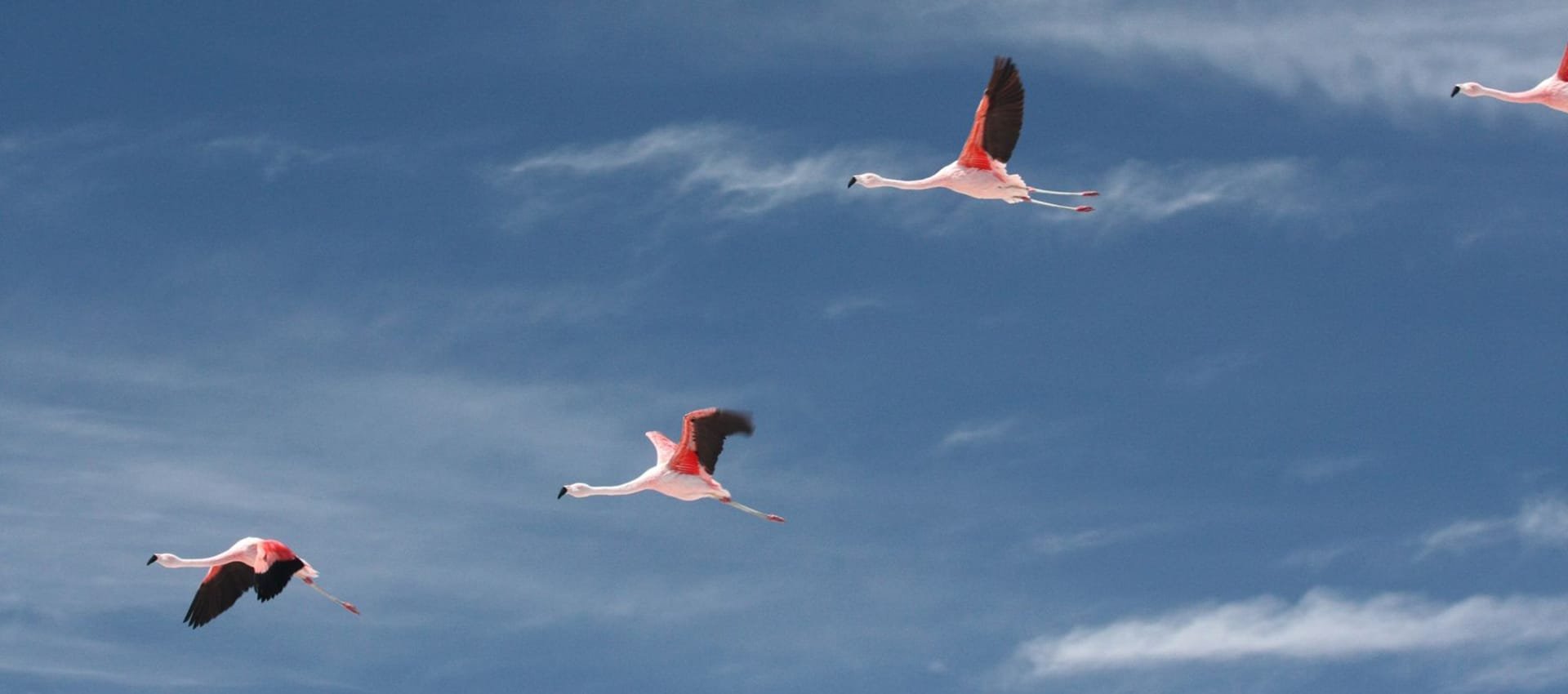
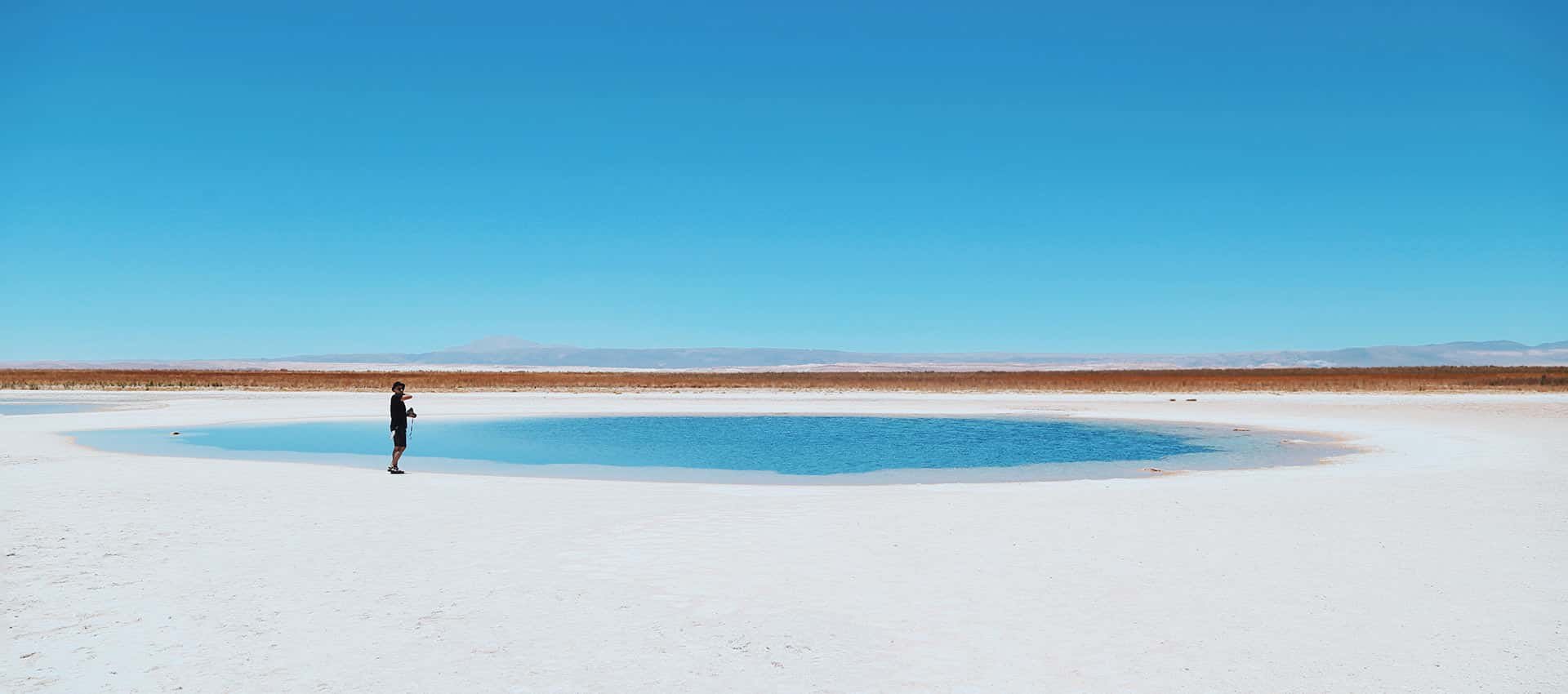
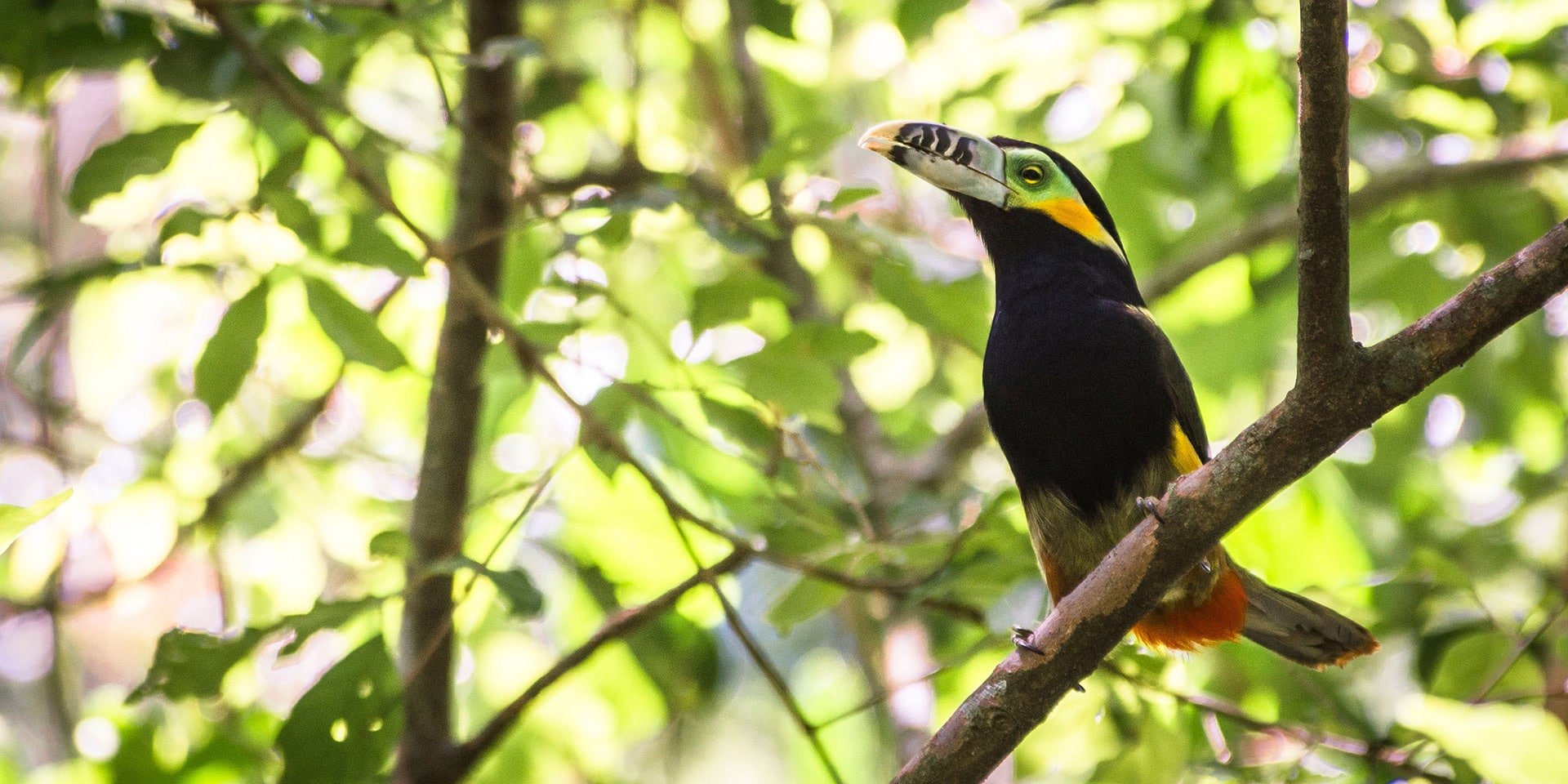
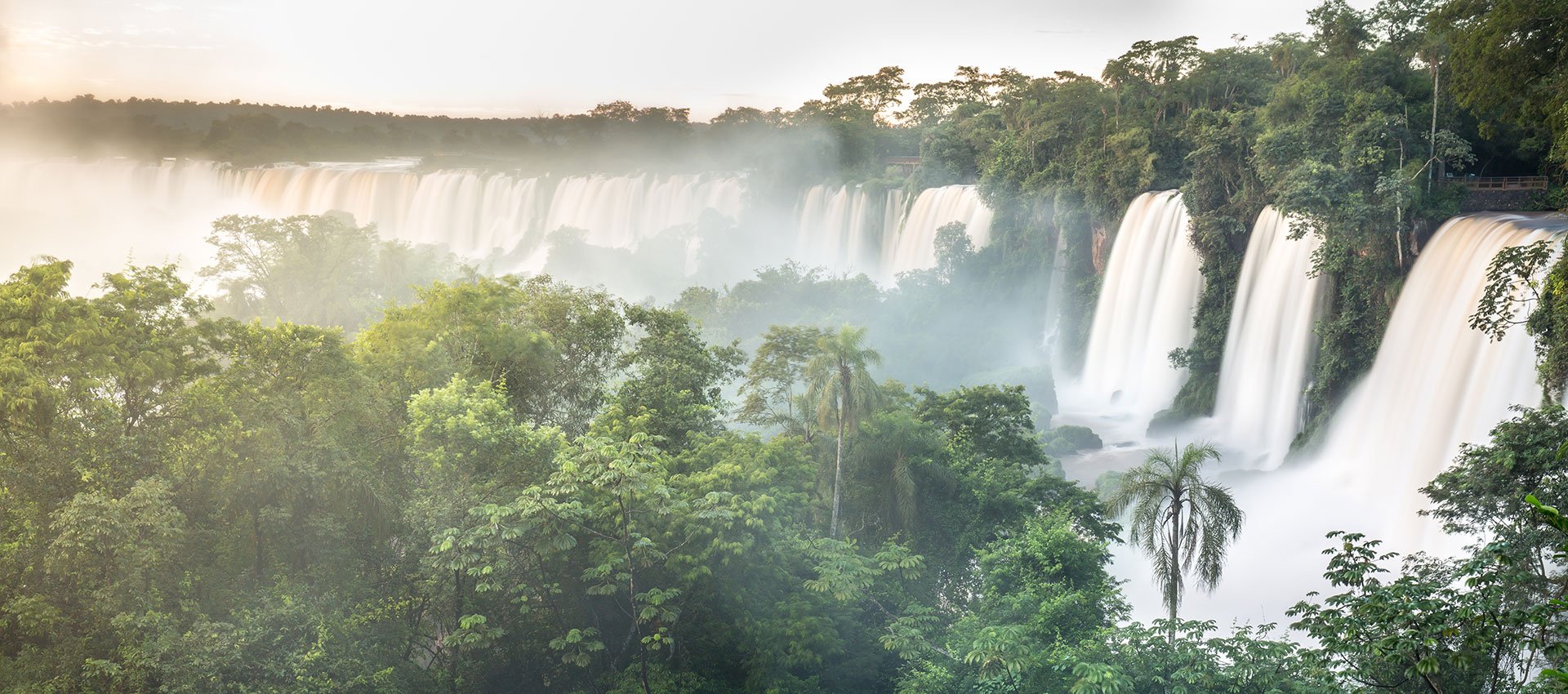

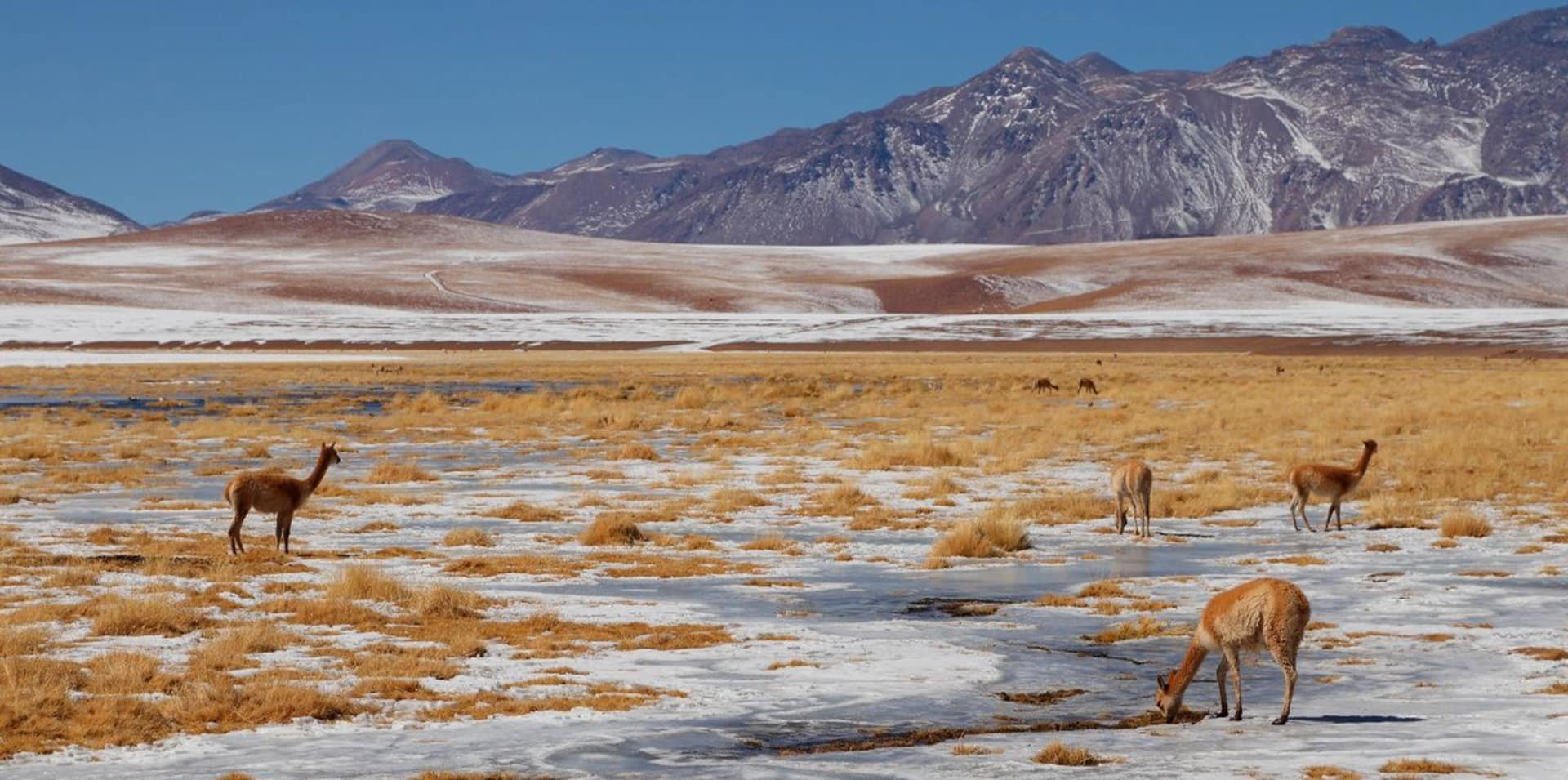


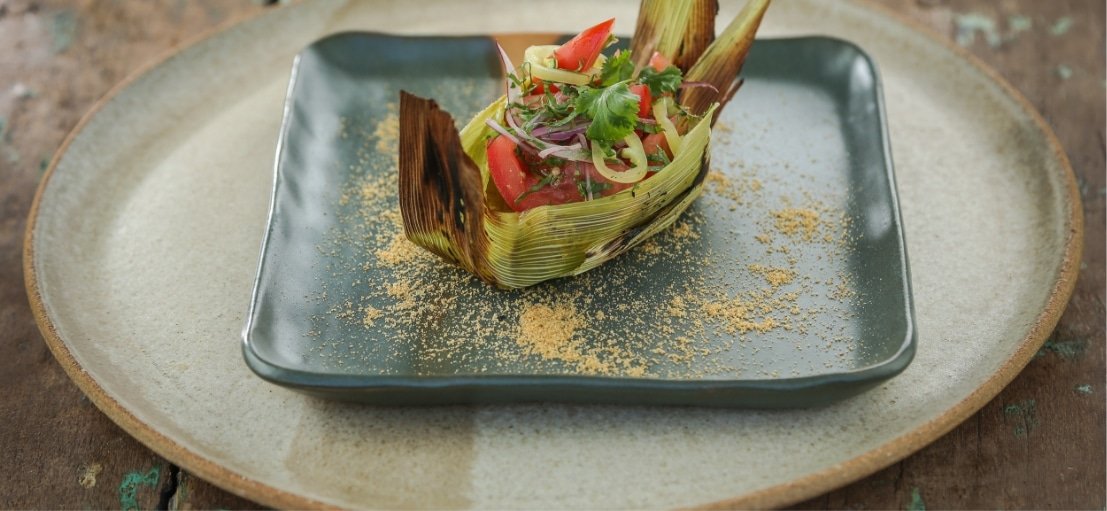
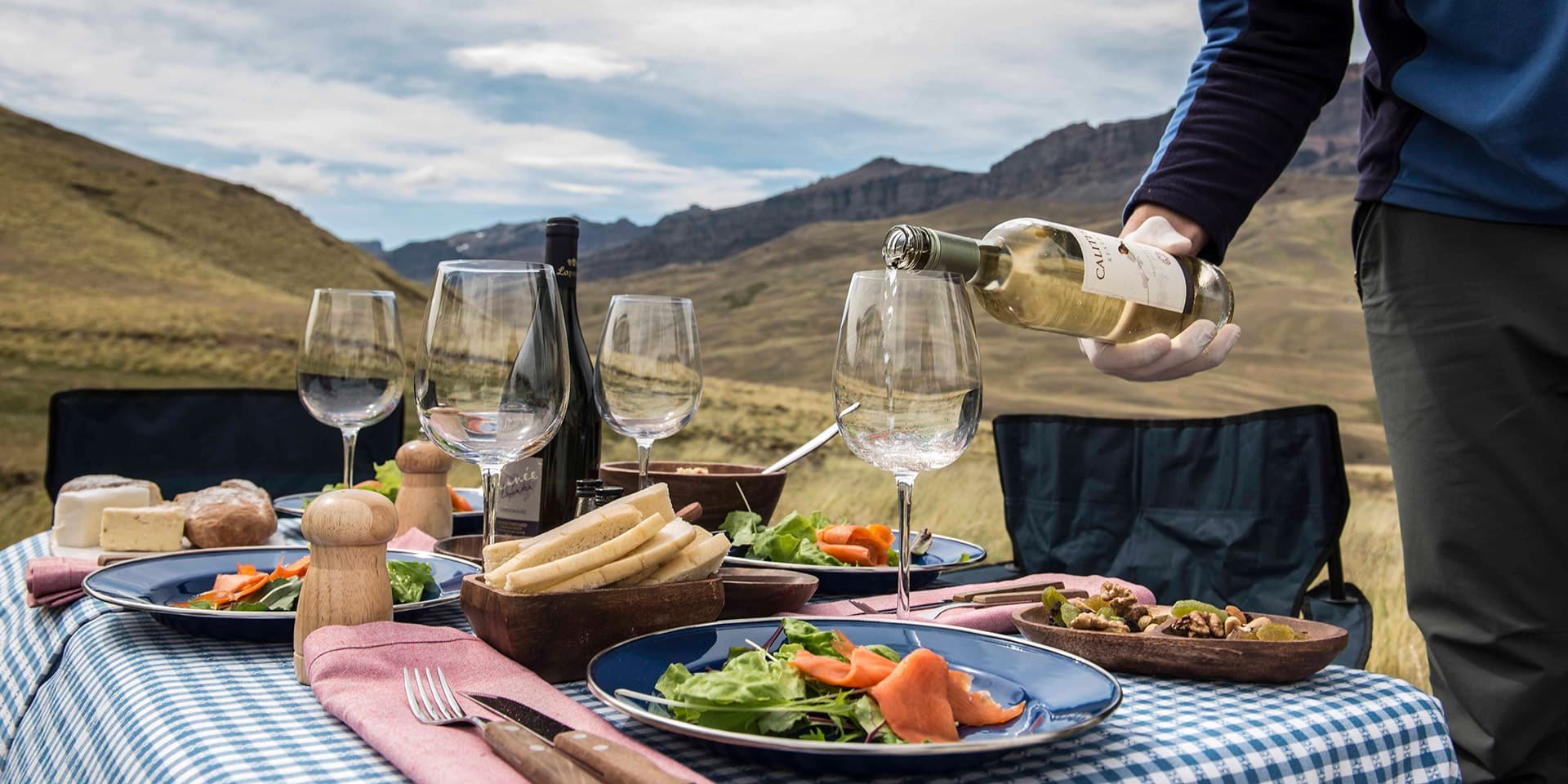
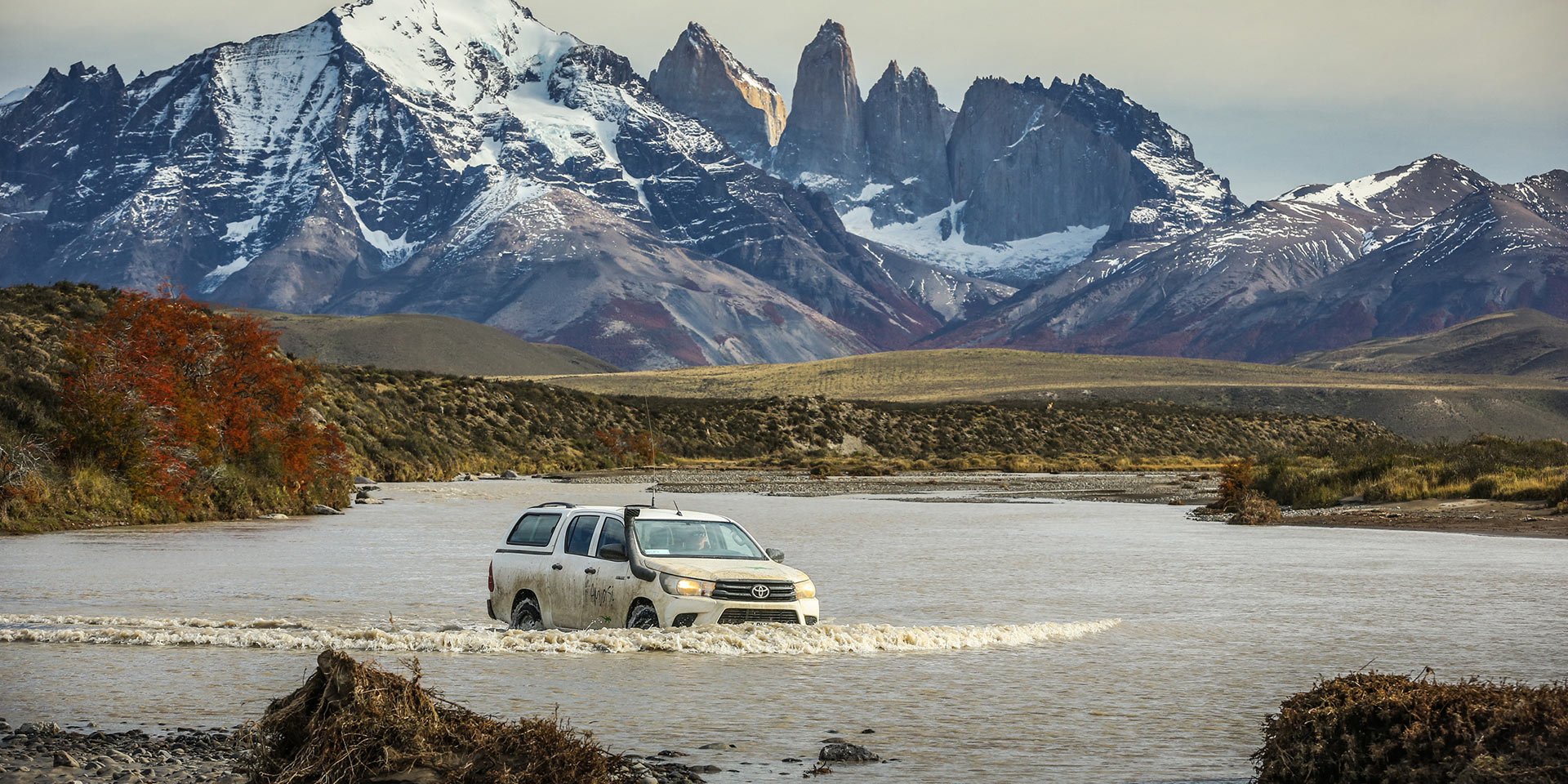












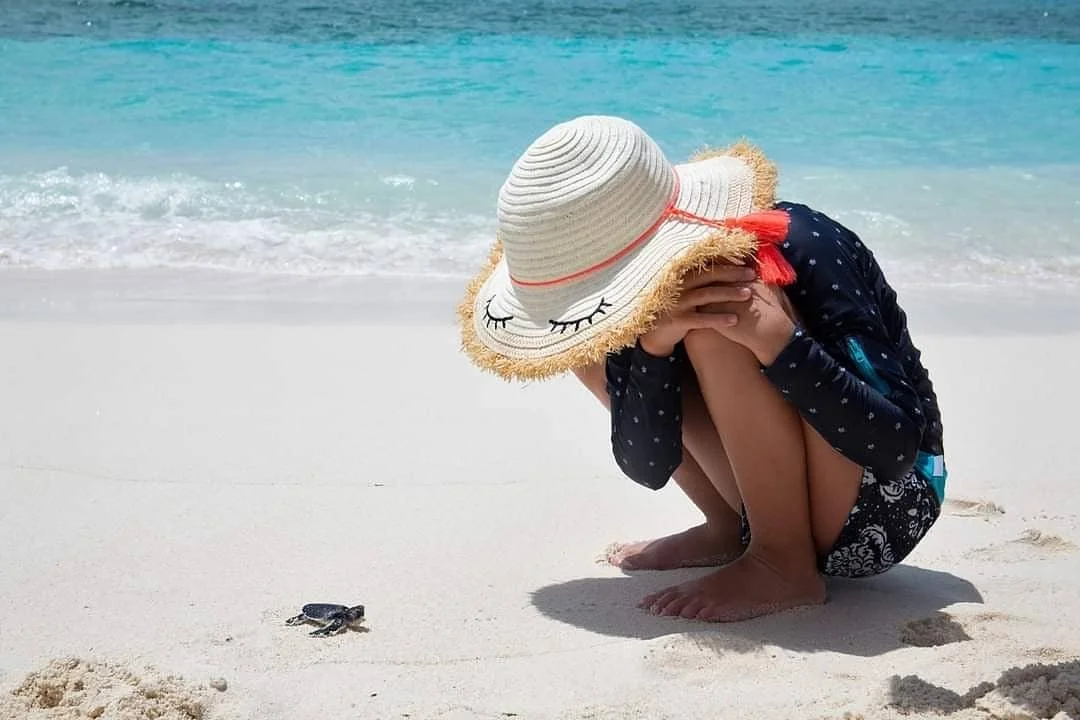


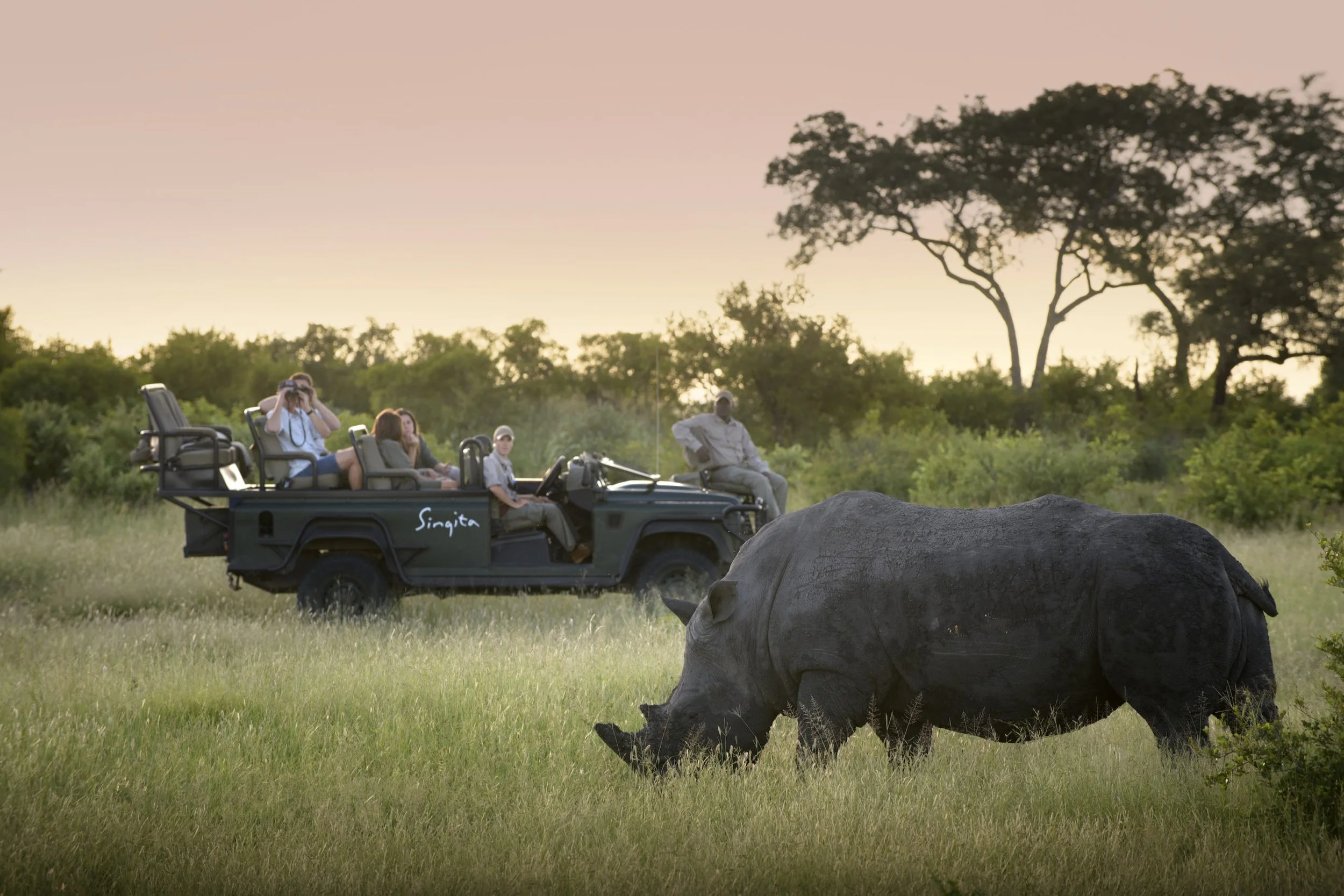
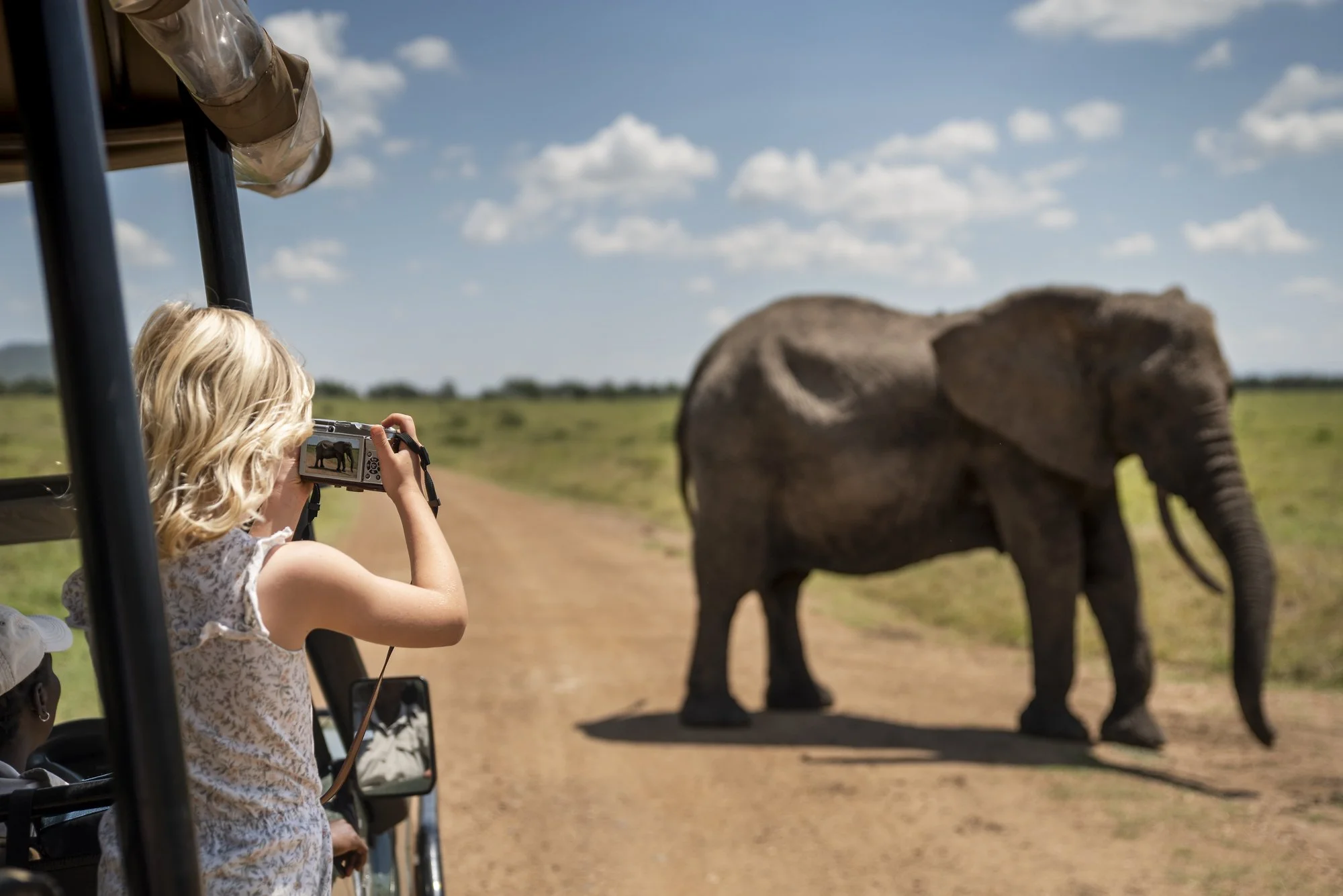
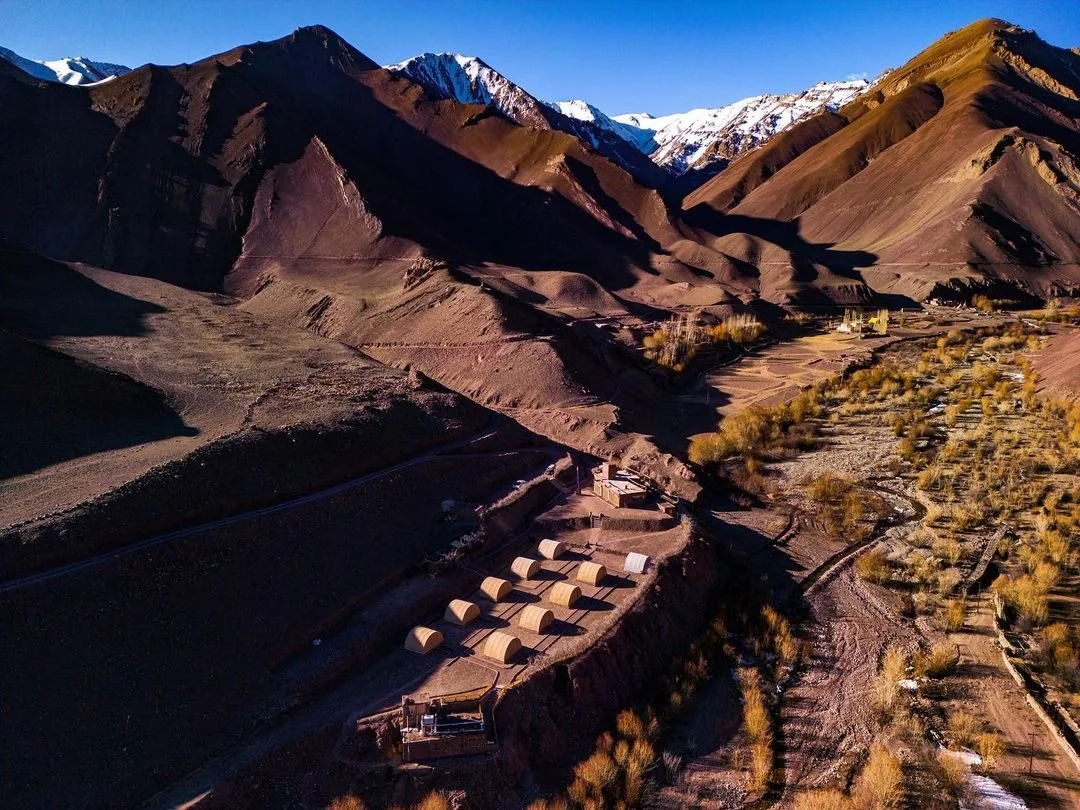
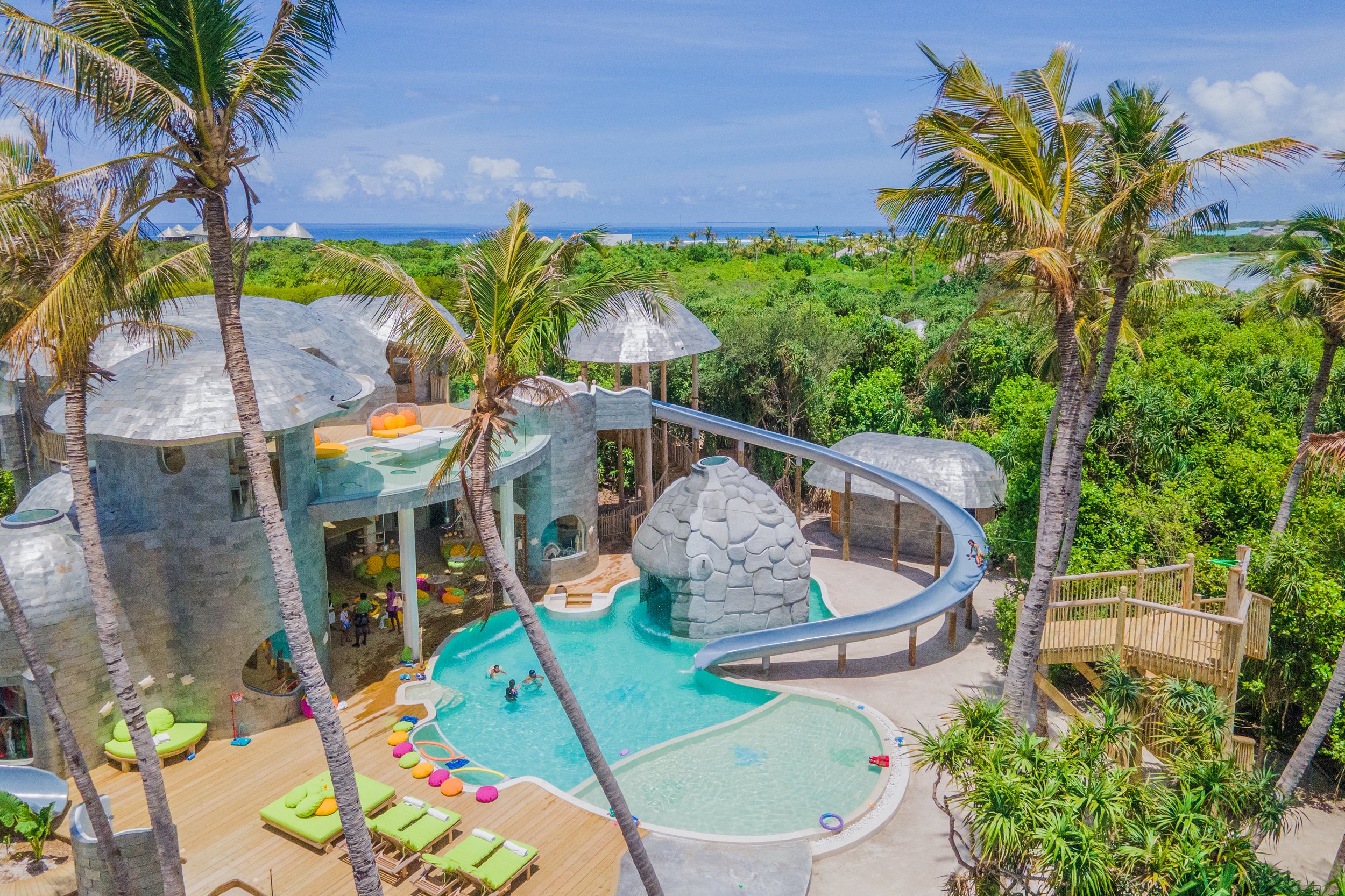




Wellness escapes today go far beyond massages and yoga mats. Experiences like forest bathing in Japan, wild swimming in Scandinavian fjords, sleep therapy in Switzerland and even energy healing in the Costa Rican jungle promise not just relaxation but a deep, sensory reawakening.